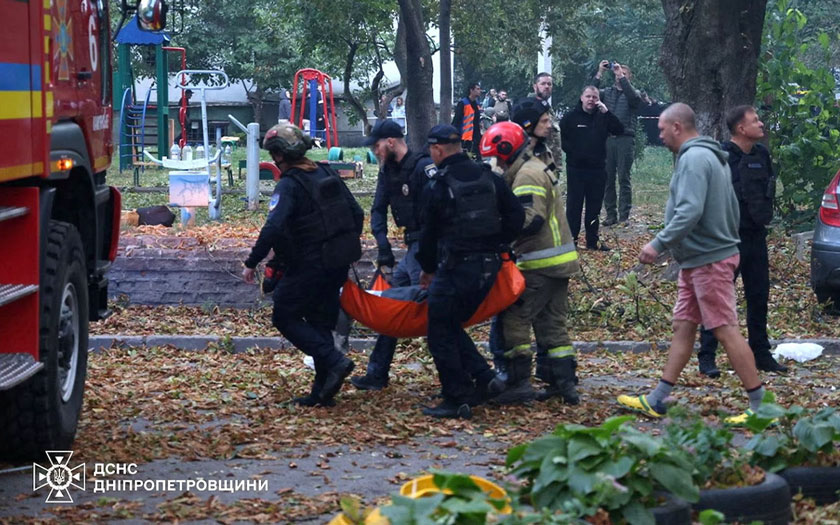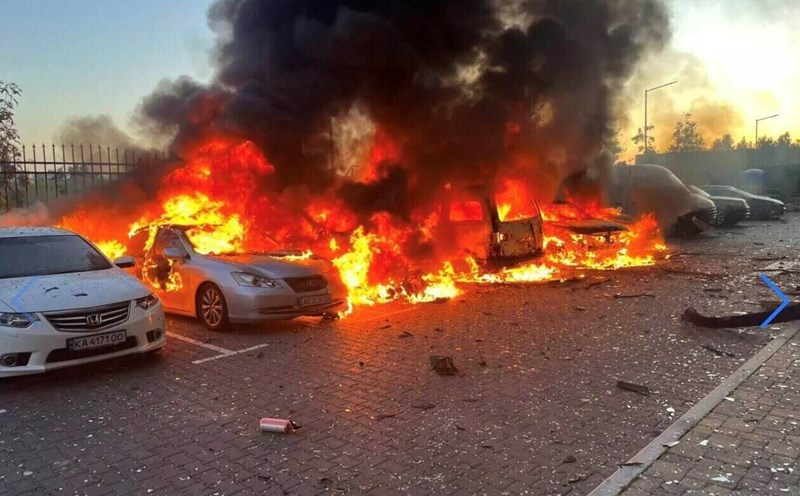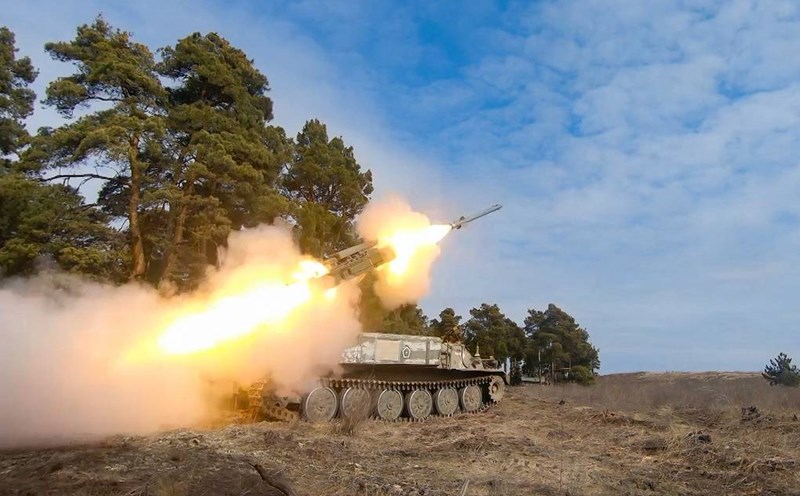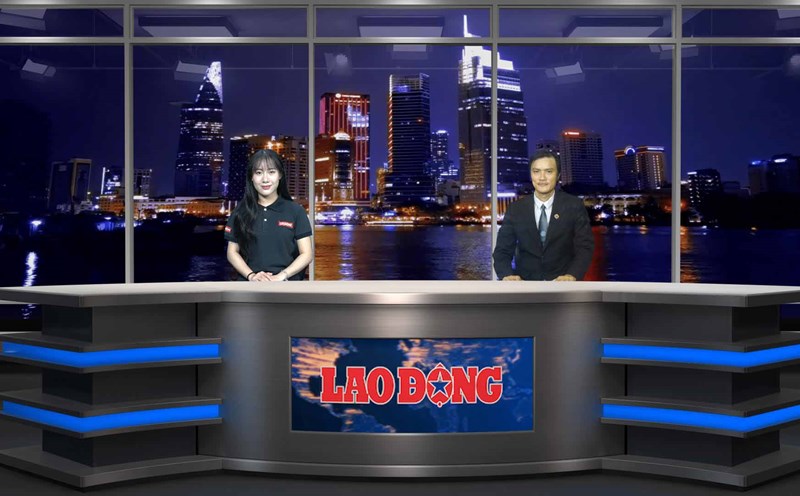On September 20, Ukrainian President Volodymyr Zelensky said he would meet US President Donald Trump on the sidelines of the United Nations General Assembly session in New York next week.
Mr. Zelensky said that the purpose of the bilateral meeting was to discuss providing security guarantees for Ukraine as well as strengthening sanctions against Russia, in the context of the ongoing conflict in Eastern Europe.
We expect more sanctions if there are no meetings between the leaders or no ceasefire, Zelensky said in a statement from the Office of the President of Ukraine.
Mr Zelensky also expressed his willingness to meet in person with Russian President Vladimir Putin, and stressed that he had mentioned this many times.
The president added that Russia had just launched a large-scale airstrike on many cities in Ukraine, with 40 missiles and about 580 unmanned aerial vehicles (UAVs) in the early morning of September 20 (local time).
The attack killed three people and injured at least 32 others, according to Zelensky. On social media, he reported that a Russian cluster bomb missile directly hit an apartment building in the city of Dnipro, central Ukraine.

However, it is noteworthy that Mr. Zelensky did not mention the large-scale airstrike conducted by Ukraine on the same day against Russia, which caused many casualties.
The regional governor, Vyacheslav Fedorischev, said that four people were killed and one person was injured in a UAV attack by Ukraine in the city of Samara, southwestern Russia.
According to the Russian Defense Ministry, the air defense forces destroyed 149 Ukrainian UAVs between the night of September 19 and the early morning of September 20 (local time), including 15 in Samara.
Observers say Zelensky's call for further sanctions against Russia is unlikely to bring a real solution to the conflict, even taking tensions to a new level and increasing retaliatory cycles between the two sides.
Once the conflict continues, Kiev will suffer more losses as both military and financial resources are depleted, while the country depends largely on external aid packages.
Russia, in turn, has maintained a large source of energy revenue despite sanctions, while being able to control society more closely to carry the economy in a state of prolonged war.










